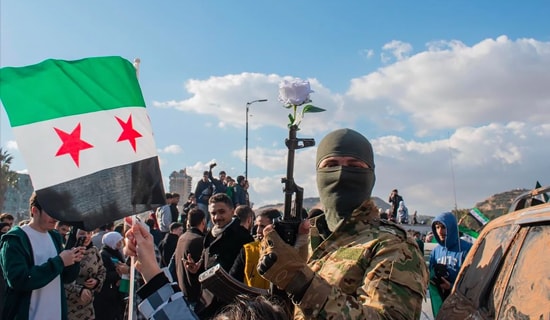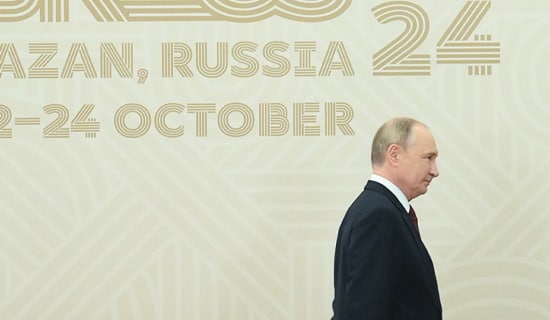In a January 4, 2024 article, Ibrahim Al-Amin, board chairman of the pro-Hizbullah Lebanese daily Al-Akhbar, threatened that, if Israel initiates a war against Lebanon, Hizbullah will use unconventional weapons. Al-Amin's article is commentary on a speech given one day earlier by Hizbullah Secretary-General Hassan Nasrallah, which reviewed on what he perceives as the achievements of the Al-Aqsa Flood campaign, and ended with a threat that, "if the enemy is thinking of starting a war against Lebanon, our fighting will be without any limits, rules or constraints."[1]

Al-Amin's article, titled "The Resistance [Will Act] to Restore the Balance of Deterrence: The Next War Will Not Be Conventional" (Al-Akhbar, Lebanon, January 4, 2024)
The following are translated excerpts from Al-Amin's article: [2]
"…[Nasrallah's] speech yesterday was tougher and more decisive regarding the options of the resistance in Lebanon vis-a-vis the all-out war that Israel and the U.S. are waging against Palestine, Lebanon, Yemen, Iraq and all the way to Iran… [Nasrallah] did not hide the existence of a serious possibility that the situation on the Lebanese front will deteriorate into a extensive war…
"What has happened in practice is that the rules of the conflict that prevailed before October 7 have collapsed. The enemy is trying to impose new rules, and it is doing so [by means of action] on the ground, not through diplomacy, and based on its perception – which is apparently shared by its American and European allies and even by some Arabs and Lebanese – that the resistance is deterred, otherwise it would have entered the war with all its force from the very first day…
"When [Nasrallah] threatened the enemy that, if it started a war against Lebanon the resistance would launch a war on the broadest possible scale, he was in fact telling the enemy, honestly and clearly, that the Lebanese resistance rejects the new rules of the conflict, that the assassination of [Saleh] Al-Arouri, [the deputy head of Hamas' political Bureau], mandates a response that will restore the previous [state of] deterrence, and that the resistance will carry out this response sooner or later. If the enemy foolishly retaliates against the response of the resistance, it will find itself involved in this extensive war. In this case, [the war] will not have limits of any kind, even if the [Israeli] war on Gaza ends or will be close to ending. For the resistance in Lebanon, whose role is [also] connected to what is happening in Syria, Iraq, Yemen and all the way to Iran, will have the last word.
"The most important sentence in Nasrallah's speech was: '[There is need] to prepare for a war without constraints and without limits.' This indicates that the first lesson that has been learned from the Gaza war is that the resistance must prepare for a different kind of confrontation against the enemy's enormous fire-power. This means that the Gaza war has invalidated all the previous perceptions – and if the enemy miscalculates it will have to prepare for [a scenario in which] Hizbullah will use its fire-power against the depths of [Israel's territory] in a different way. In this case, the equation will not be 'a building for a building,' but rather tens of thousands of fatalities within the enemy entity in retaliation for thousands of fatalities in Lebanon. Any reasonable person can understand that the weapons of the resistance in any future war will certainly not be conventional weapons. These statements are surely not to the liking of the occupation. You have been warned!"





